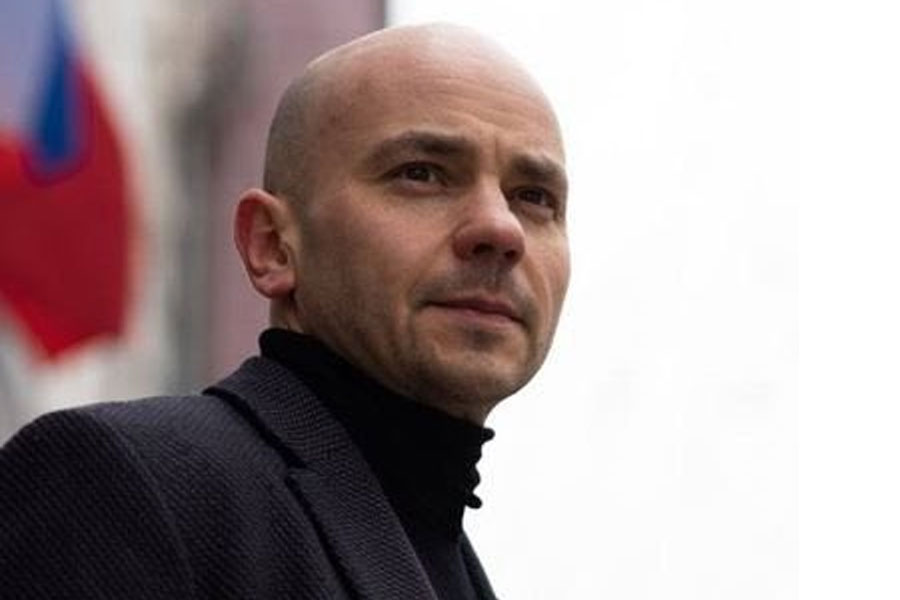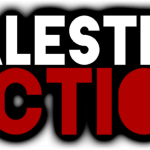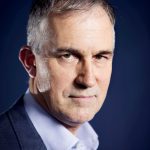Marking the one-year anniversary of Russian opposition politician Andrey Pivovarov’s arrest, the AEJ supports Open Russia and exiled oligarch Mikhail Khodorovksy in their call to rally opposition forces in Russia.
Mikhail Khodorkovsky rallies opponents of Putin’s steamroller of repression
William Horsley, AEJ Media Freedom Representative
31 May 2022
Mikhail Khodorkovsky and his Open Russia organisation today highlight the “steamroller of repression” by Putin’s dictatorship which has taken new and terrible forms.
The exiled former Russian oligarch calls for a chorus of voices to be raised against the arrest one year ago of the opposition politician, Andrey Pivovarov, and his detention since then under Russia’s sweeping and arbitrary laws on “undesirable organisations”. Before his arrest, Pivovarov had been on the list of candidates of the opposition Yablokov party for last year’s legislative elections. The case against him is based on 34 of his Facebook posts.
The AEJ firmly supports Open Russia in its determination to support and assert the rights of those in Russia who are victims of the wholesale political repression, which has escalated and been ferociously enforced since Vladimir Putin ordered the unprovoked and illegal invasion of Ukraine in February.
There are still courageous and independent-minded journalists inside Russia who are at high risk and deserve to be helped and supported. Our foremost concern is to ensure that journalists all over Europe can work in a safe environment for free and independent media. But fundamental human rights are universal and indivisible.
In the words of the authoritative UN Human Rights Committee, a “free, uncensored and unhindered press or other media” is necessary to give effect to a wide range of other human rights – including freedom of assembly and association and the right to vote (or stand) in free elections.
While political responses to Russia’s invasion, including the supply of urgently needed heavy weapons to Ukraine, are clearly affected by realpolitik considerations, 46 European foreign ministers were united in utterly condemning Russia’s violations of human rights and international law, including attacks against civilians, in a joint statement by the Committee of Ministers of the Council of Europe.
This week French reporter Frédéric Leclerc-Imhoff became the latest name on the growing list of journalists killed in Ukraine after his vehicle came under fire as he left the besieged city of Sevierodonetsk. His death was reported on the monitoring website for attacks against the media around Europe, the Council of Europe’s Platform for the Safety of Journalists.
Russia’s membership of that organisation, the continent’s premier human rights body, was abruptly ended in March because of its actions in Ukraine.
But NGOs and journalists’ organisations including the AEJ are continuing to publish real-time information in the form of alerts related to attacks against journalists and the media in Russia as well as the rest of Europe.
Even among well-known Russian journalists who have worked for Russia’s propaganda machine there are those, like TV anchor Zhanna Agalakova who now say they regret their role in spreading those lies and incitements to hate.
There are other signs, too, of dissent within the ranks of Russia’s institutions serving the Putin dictatorship. Retired colonel and senior TV commentator Mikhail Khodarenok has spoken critically of Russia’s “total political isolation” and of Ukraine’s strong and highly motivated resistance to the invasion.
A senior Russian diplomat at the UN in New York, Boris Bondarev, resigned and now fears for his life after lashing out at Russia’s ‘bloody, witless and needless’ war.
And even from his prison cell, Alexei Navalny, who has commanded a massive following online for his coruscating anti-corruption campaign and exposés of Putin’s luxurious lifestyle, has sown seeds of doubt about Putin’s control over his machine of repression by telling the world that the judge who sent him to jail last year had said she regretted her judgement.
Navalny voiced doubts that the real cause of her subsequent death was the Covid virus, as the official version made out.








